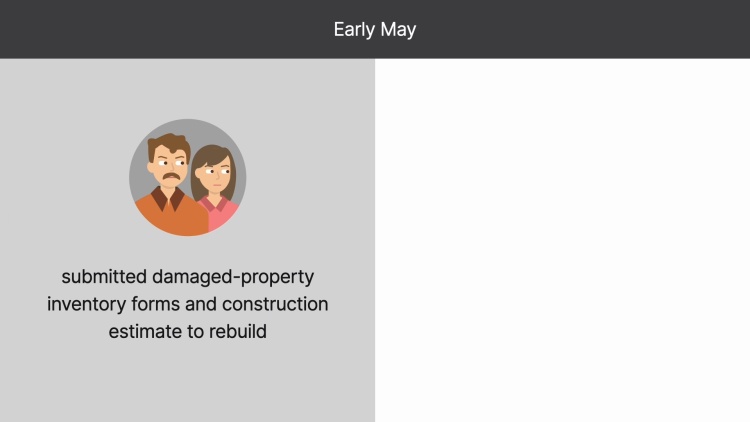Connecticut Fire Insurance Co. v. Fox
United States Court of Appeals for the Tenth Circuit
361 F.2d 1 (1966)

- Written by Sara Rhee, JD
Facts
A.H. and Edith Fox (plaintiffs), owners of a motel, obtained fire insurance from Connecticut Fire Insurance Co. (Connecticut Fire Insurance) (defendant). On March 25, 1964, a fire destroyed a substantial portion of the motel. Under the contract, the plaintiffs were required to submit a proof of loss within sixty days, unless Connecticut Fire Insurance extended that period of time in writing. The day after the fire, Mr. Foster of General Adjustment Bureau (GAB) visited the motel on behalf of Connecticut Fire Insurance. Foster had the plaintiffs sign a “non-waiver” agreement, which stated that no action of Connecticut Fire Insurance in investigating the fire would waive any terms of the policy, and that no representative of Connecticut Fire Insurance had the right to waive any terms of the insurance policy except by writing. Foster also explained the loss recovery procedures and furnished inventory forms for the plaintiffs, but did not mention the proof of loss requirement. On May 5, 1964, the plaintiffs presented completed inventory forms to Foster, who rejected them as unsatisfactory. Foster also rejected the plaintiffs’ submission of a bid to rebuild the motel. During this period, the plaintiffs’ time to file a proof of loss expired. On June 3, 1964, Foster gave the plaintiffs’ a letter acknowledging the expiration of time to file a proof of loss and allowing the plaintiffs to file one by July 3, 1964. The plaintiffs submitted a proof of loss on June 6, 1964. After Connecticut Fire Insurance failed to settle the claim, the plaintiffs brought suit on July 7, 1964. Thirty days later, Connecticut Fire Insurance rejected the plaintiffs’ proof of loss. At trial, the jury found in favor of the plaintiffs. Connecticut Fire Insurance appealed on grounds that the plaintiffs failed to file a proof of loss in a timely manner.
Rule of Law
Issue
Holding and Reasoning (Hill, J.)
What to do next…
Here's why 911,000 law students have relied on our case briefs:
- Written by law professors and practitioners, not other law students. 47,100 briefs, keyed to 997 casebooks. Top-notch customer support.
- The right amount of information, includes the facts, issues, rule of law, holding and reasoning, and any concurrences and dissents.
- Access in your classes, works on your mobile and tablet. Massive library of related video lessons and high quality multiple-choice questions.
- Easy to use, uniform format for every case brief. Written in plain English, not in legalese. Our briefs summarize and simplify; they don’t just repeat the court’s language.





